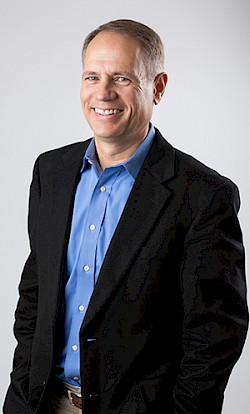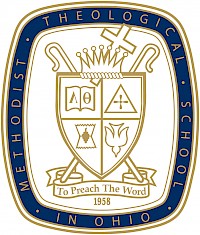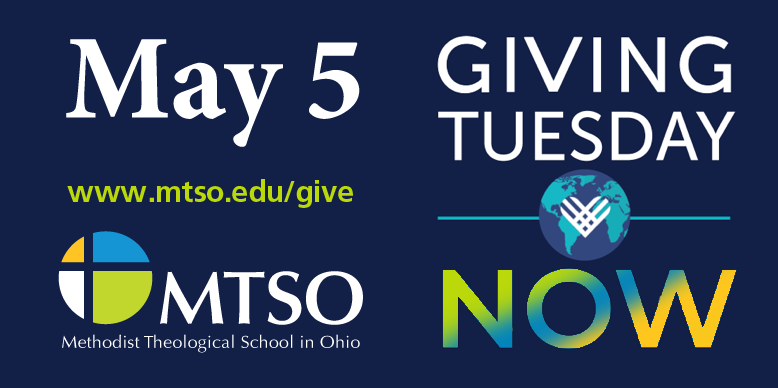FROM THE PRESIDENT
Let’s pause to consider what ‘back to normal’ means
 I have had the pleasure of walking the campus on a beautiful day today, greeting residential students from an appropriate distance. The signs of spring are clear and abundant. This is a verdant place, not only in terms of its landscape but in the creative interactions that take place every day – interactions dramatically changed by the coronavirus but still very much shaped by the mission that has led this school to adapt and renew throughout its history.
I have had the pleasure of walking the campus on a beautiful day today, greeting residential students from an appropriate distance. The signs of spring are clear and abundant. This is a verdant place, not only in terms of its landscape but in the creative interactions that take place every day – interactions dramatically changed by the coronavirus but still very much shaped by the mission that has led this school to adapt and renew throughout its history.
While there is unprecedented pressure on institutions of higher learning as well as on the churches and communities this institution serves, our mission has never been clearer. Providing theological education and leadership in pursuit of a just, sustainable and generative world means we aren’t simply educating for lives of private faith, insulated from social realities and challenges. Working for justice and social good are not ancillary to our understanding of church and community; they are the central tenants. Our example is in Jesus, in Wesley, and in a whole host of those who have gone before us.
Responding to COVID-19 has been a near universal experience, and there is value in identifying and affirming our common plight. And yet, the past two months have illuminated and exacerbated significant disparities that exist in the world around us and which should disturb the consciences of people and communities of faith.
I count myself among those privileged to be able to work from the safety of my home, with disruptions to conveniences but not essentials. It is clear that not all have that opportunity. Millions are out of work. For millions more still employed, a lack of health insurance and adequate sick leave hits hard and undermines the myth that such benefits should be seen only as individual concerns rather than a matter of common good. Nothing like a pandemic to challenge the idea that my health and well-being stand comfortably apart from the health and well-being of someone without my resources.
Once again, influential voices would divide us rather than unite us. The COVID-19 pandemic has unfortunately inspired too many to foment xenophobia, question science and promote religious intolerance. Immigrants, who are often the ones working in close, dangerous quarters to keep remnants of our economy running, are again being scapegoated.
As a school preparing leaders to proclaim the love of God for all the world, we must take serious actions that model such a love. Our students are preparing to serve all people and to proclaim a vision that counters divisive narratives. As a serious institution of higher learning, we will affirm our belief in science and our support for public health officers and medical professionals. As a seminary of the church, we will proclaim the Christian message of good news for all the world.
In this unsettled time, it is tempting to want everything to get back to normal. Yet if we learn anything in this season, it should be that normal has not been equally good for all and is not a sustainable goal for the future. I am grateful for your support and value your prayers as we continue to work toward a new and better normal.
Jay Rundell

 MTSO will hold its 2020 commencement online at 11 a.m. May 23. All are invited to tune in. A link will be shared closer to the date on our
MTSO will hold its 2020 commencement online at 11 a.m. May 23. All are invited to tune in. A link will be shared closer to the date on our  During this time of the novel coronavirus, MTSO’s
During this time of the novel coronavirus, MTSO’s  The COVID-19 pandemic has uniquely demonstrated the value of compassionate, well-informed religious leadership and the need for constant vigilance around social justice. As our students navigate these challenging days themselves, they’re also developing the tools to serve and lead in unforeseen crises.
The COVID-19 pandemic has uniquely demonstrated the value of compassionate, well-informed religious leadership and the need for constant vigilance around social justice. As our students navigate these challenging days themselves, they’re also developing the tools to serve and lead in unforeseen crises.